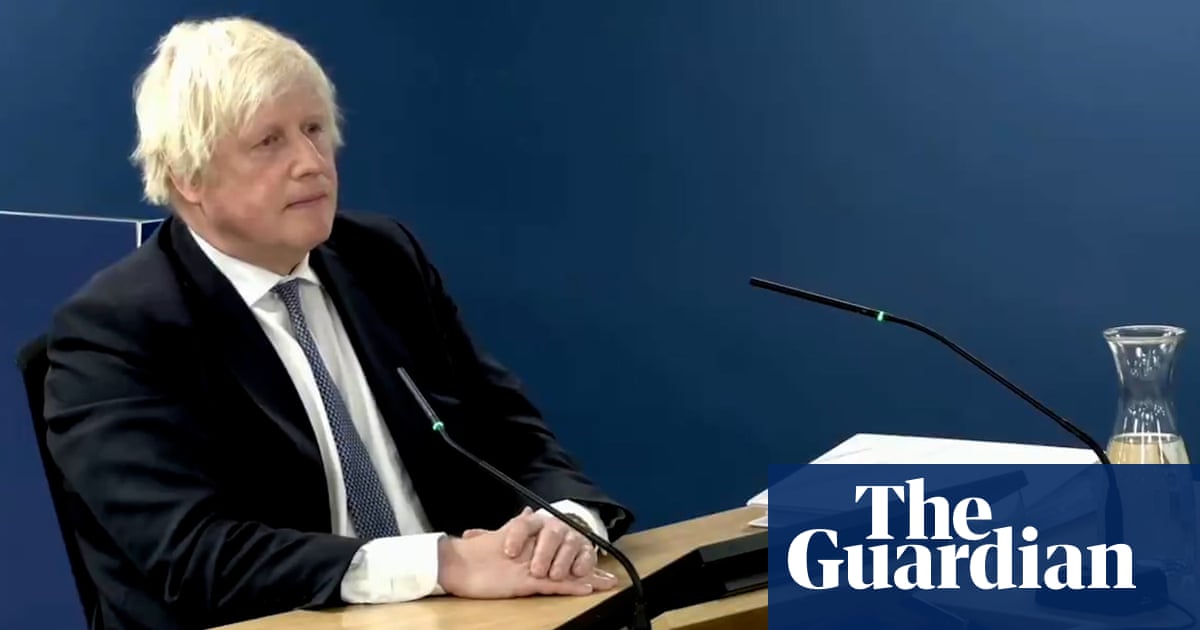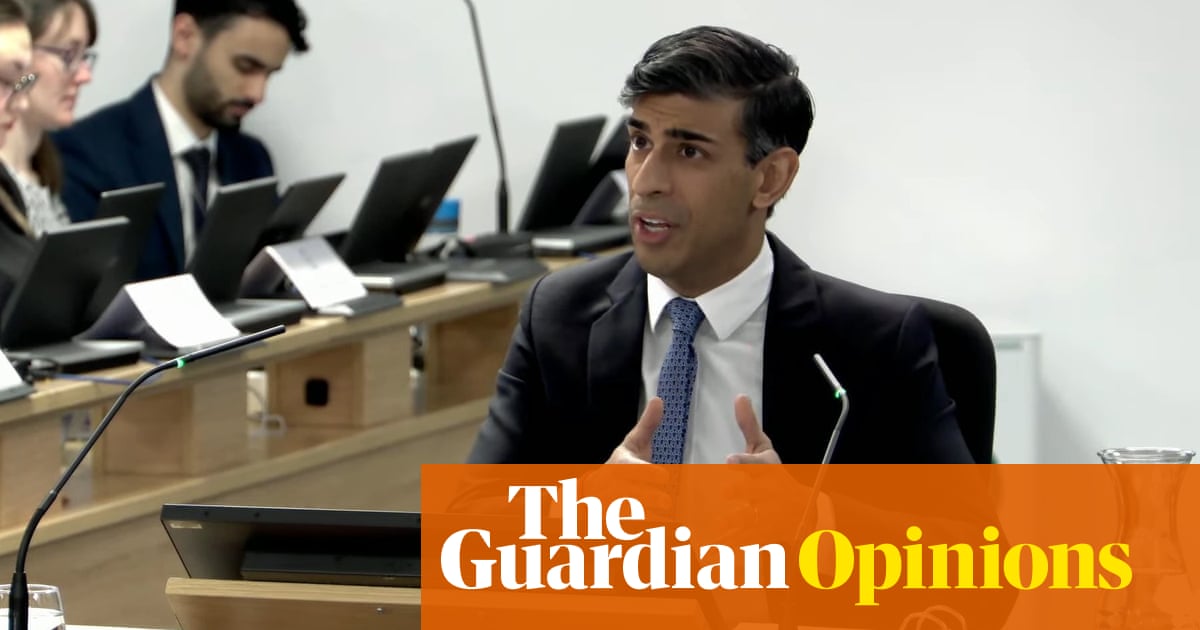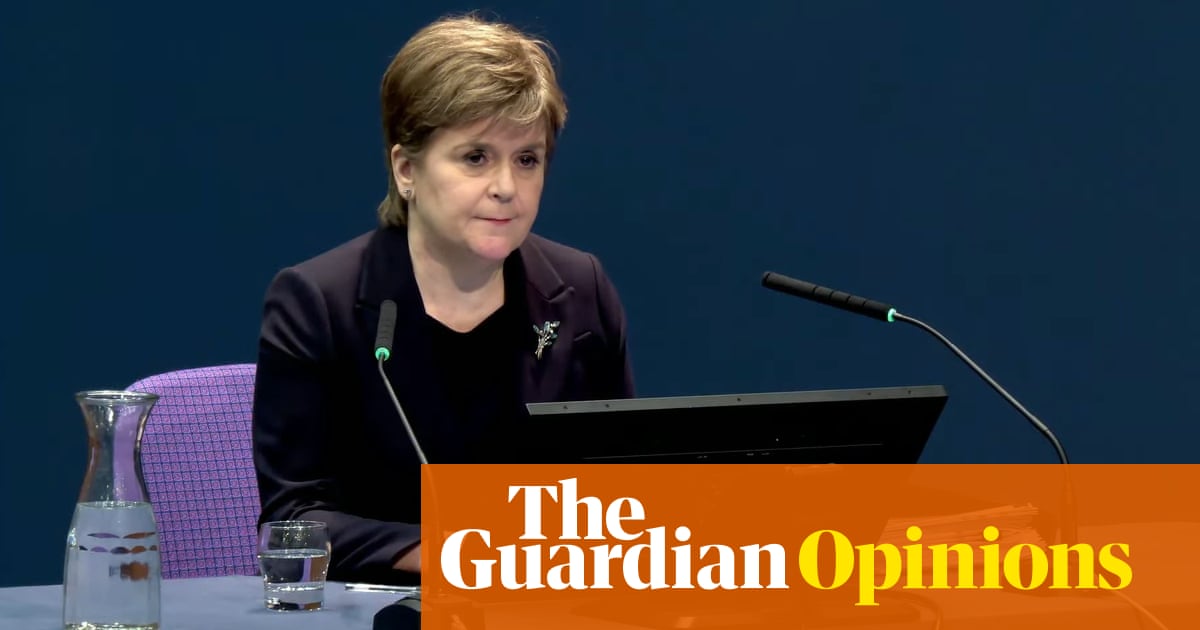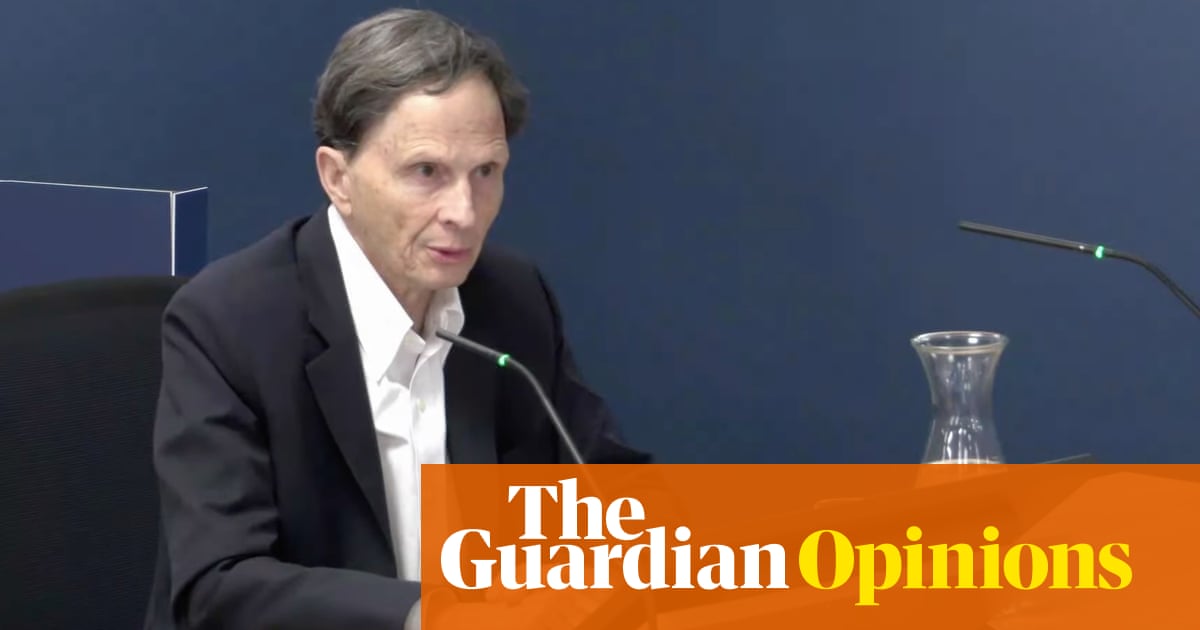
Since being forced out of office last year, Boris Johnson will have had many moments to reflect on his time in Downing Street and to ponder what he might have done differently.
At the UK Covid-19 inquiry on Thursday, he shared one of those reflections, and – perhaps unsurprisingly, as it ultimately led to his downfall as prime minister – it concerned his handling of the Downing Street lockdown parties.
“If I had my time again, of course I would have done things differently in No 10,” he said. “I would have sent round repeated messages saying, ‘Please make sure that everybody can see that you’re properly within the guidance.’”
It exemplified how Johnson has responded to difficult questions throughout his two days at the Covid inquiry – sound as if you’re taking responsibility, but then point the finger of blame at others.
In this instance it was the civil servants and political advisers – people, he said, who had been trying to work hard in such difficult circumstances that they hadn’t realised they were breaching any rules when they dragged out their karaoke machines and suitcases full of wine.
It did not help that the former prime minister later suggested there was nothing more he could reasonably have done to stop the lockdown-busting gatherings. “Given what I knew at the time about what was going on, the answer to that is no,” he said.
Instead, he attacked media coverage and TV adaptations of the events, calling these “absurd” and a “travesty of the truth”. While the social gatherings in Downing Street were not what most people would regard as a good party, his criticism was dampened by the fact that they were, regardless, beyond the rules.
Lady Hallett, the inquiry chair, felt compelled to intervene, telling Johnson that bereaved people dealing with the “horrific” grief of losing their loved ones during the pandemic had written to her to say their pain had been exacerbated by the Partygate scandal.
He apologised again. But it was no surprise that his words were met with an angry response from those families. Millions more across the country felt that following the rules was part of the collective endeavour against the coronavirus.
Yet it was only when Hugo Keith, the inquiry’s lead counsel, suggested that Johnson “didn’t care that much” about the behaviour in No 10 that his careful self-control lapsed. He appeared to mishear, and thought that the lawyer was referring to his throwaway remarks about the elderly being dispensable.
“I did care and continue to care passionately,” he insisted, before revealing how he felt while in intensive care himself, suffering from Covid and surrounded by other middle-aged men “quite like me”. He added: “Some of us were going to make it and some of us weren’t … I knew from that experience what an appalling disease this is. I had absolutely no personal doubt about that from March onwards. To say that I didn’t care about the suffering that was being inflicted on the country is simply not right.”
It was an unusually candid moment for Johnson. But, perhaps inevitably, his many critics will regard it as yet another line in his carefully prepared attempt to rewrite history over his government’s handling of the pandemic. Minds have already been made up.
That is the personal tragedy for Johnson – although a tragedy that pales into insignificance alongside that experienced by millions across the country still grieving for their loved ones.
There can be no happy ending to this story, whatever attempts are made to write one. There can only be honest reflection on all that went wrong, as well as an acknowledgment of what went right – such as the vaccine programme – in the hope that it leaves the nation better prepared should another such tragedy befall us.












